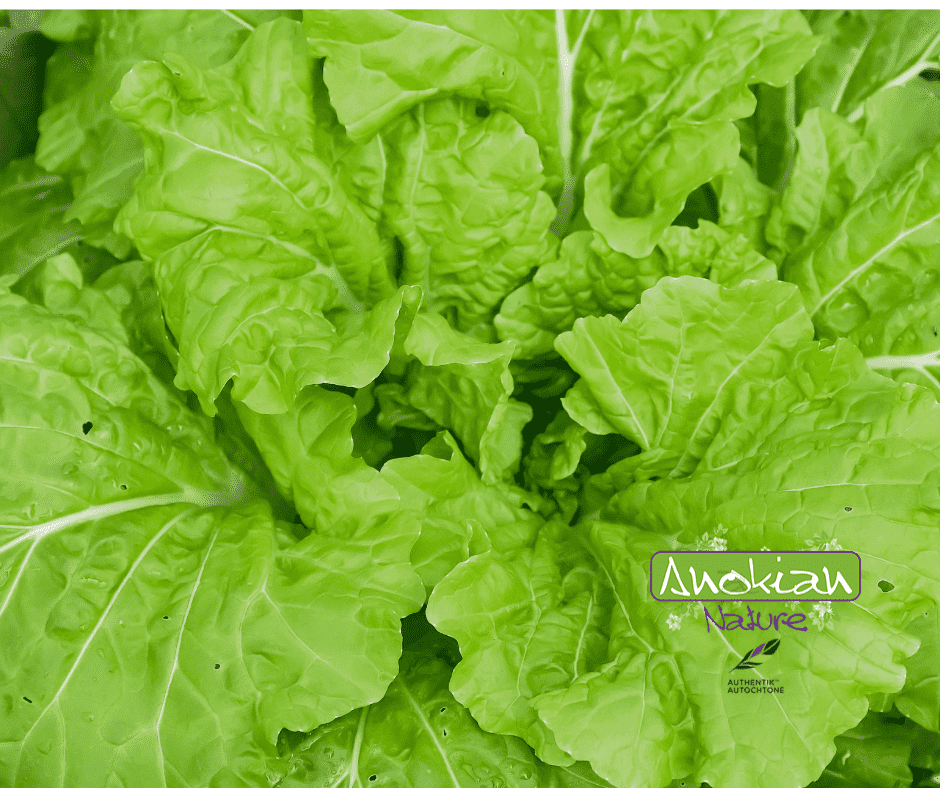Skip to product information










Seed | Tokyo Bekana
$3.99 CAD
Quantity
Tokyo Bekana seeds produce a versatile Asian leafy vegetable with tender, light green leaves and a mild flavor. This brassica thrives in cool climates and offers excellent bolting resistance.